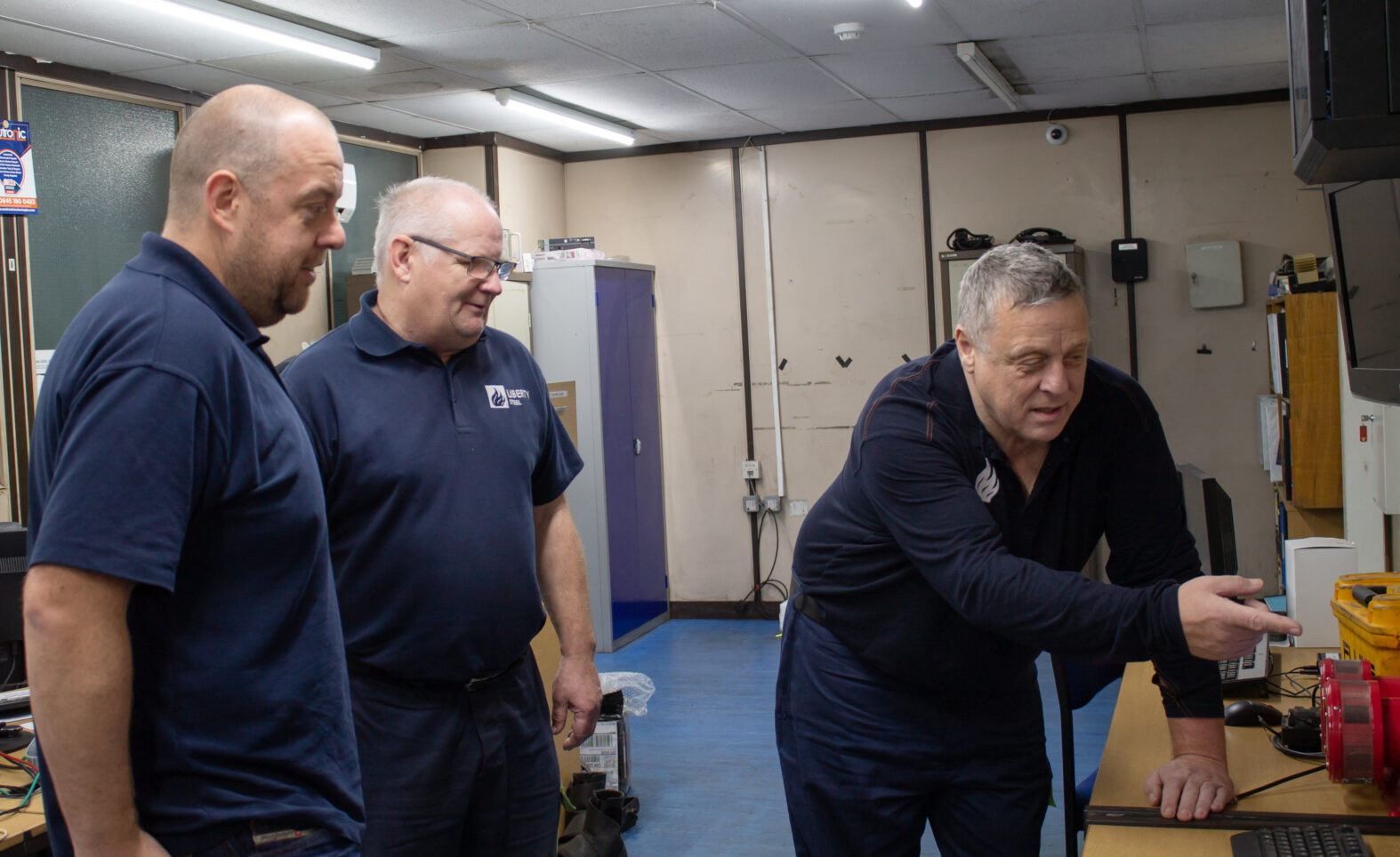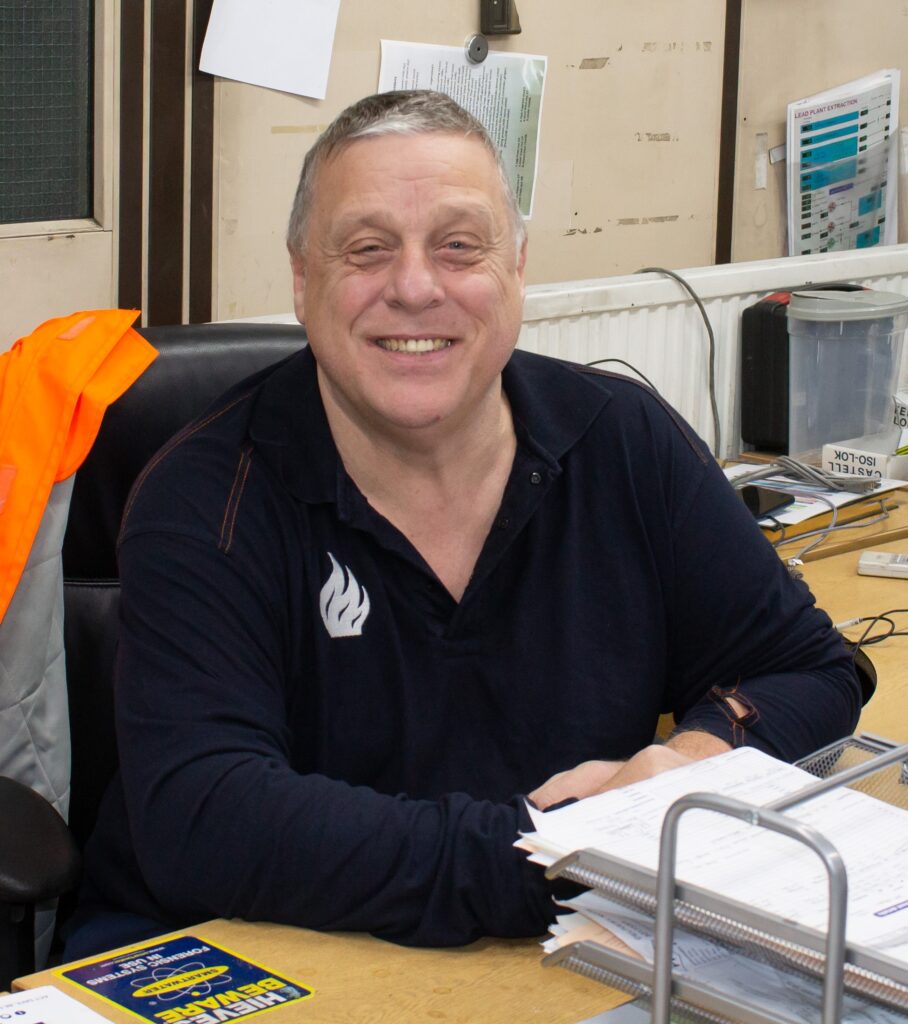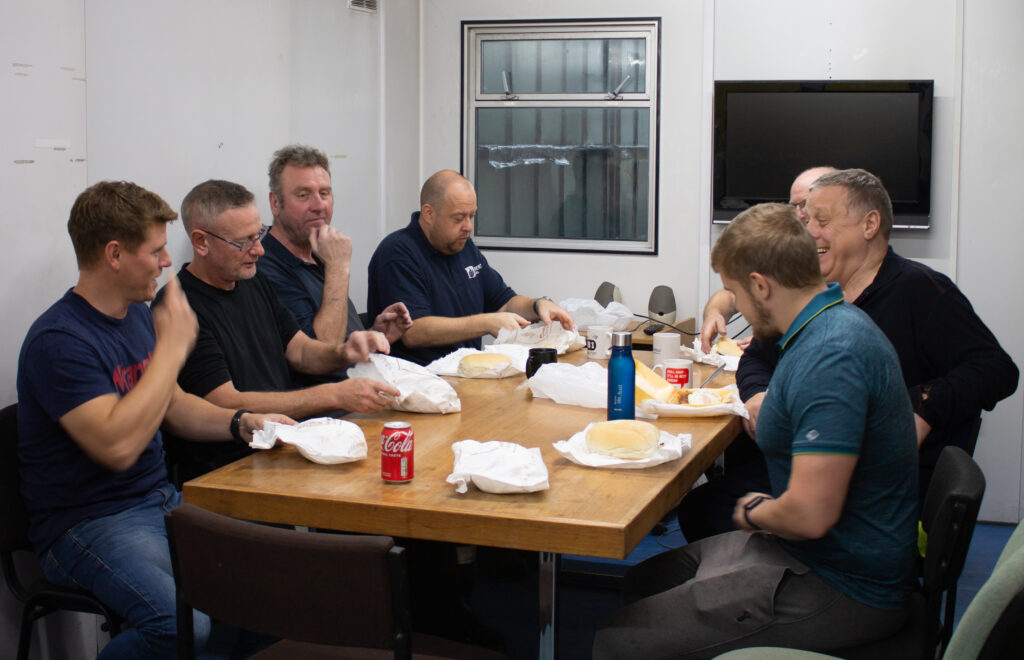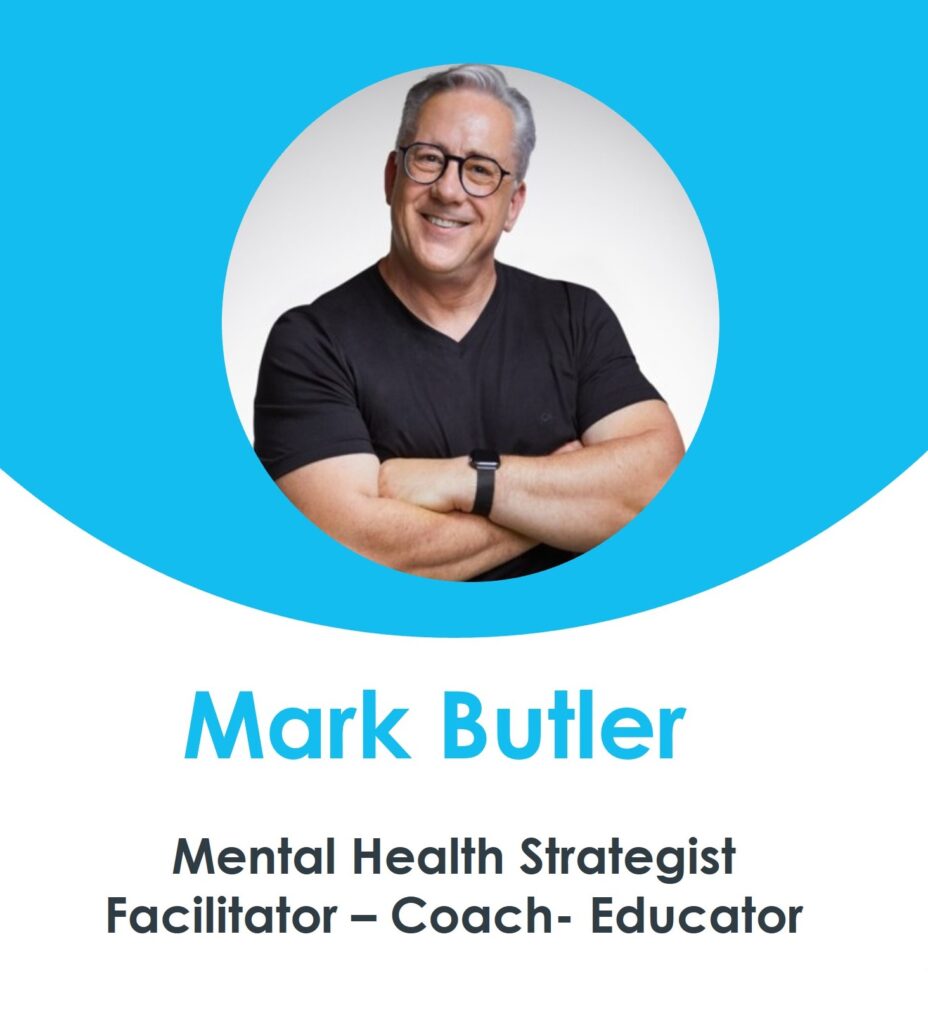Whyalla featured on hit documentary series Australian Story
In September 2018, the ABC’s hit documentary series Australian Story tracked ...

Have you ever thought of our mental health as a Steel Ladle, carrying the fire of life?
This metaphor came to mind for one of our colleagues, Paul Needham, Electrical Control Engineer for LIBERTY Speciality Steels (UK).
He attended the first GFG webinar about Mental Health, part of the GFG “We Care” Programme, hosted by Mark Butler (you can watch it via this link), and was inspired by his message. Paul later wrote on his LinkedIn: “Mental health is like a Steel Ladle, carrying the fire of life. Normally, it can withstand the heat and pressure and carry its precious load, but if it is not well-maintained, small leaks can start. If these leaks are not fixed, it can lead to a breakdown. We all know the damage they can cause. Fix mental health problems early.”
This simple yet powerful analogy holds significant importance. We should all take care of our mental health and keep an eye on those who work and live nearby. Paul holds these words close to his heart, having witnessed multiple instances of mental health issues affecting his colleagues, friends, himself, and even his own daughter.
Paul mentions that sometimes it’s very difficult to spot the symptoms that indicate a person is suffering. People often hide their problems with a polite “I’m fine.” It’s also challenging to admit to oneself that they have been running on empty for a long time and need support.

Paul said: “I’ve had mental health issues myself, which I dealt with in the traditional way through doctors and mental health clinics, it was not a great experience although with help from my support network, I have now been well for a long time. My most traumatic personal experience was with my daughter, Kelly. She had a great career and a settled life in London. She seemed absolutely fine and happy. One day, Kelly came back from London and asked my wife and me to sit down and listen to her. I was sure that she was about to tell us that she was pregnant but instead she told us that she had suffered a massive burnout at work and needed treatment in the hospital. It was shocking, she is fine now but I was so upset that I, of all people, didn’t see the signs.
I have worked in what I consider to be very toxic environments in the past where colleagues constantly undermined each other. A good friend of mine really struggled to cope and even attempted suicide. Fortunately, he received the support he needed and has gone on to live the life he dreamed of, but what if he didn’t receive the support when he desperately needed it?
I’ve witnessed so many cases of mental health problems in my life it has made me realise a support network is vital. I am absolutely convinced that the best way to cope with mental health issues, as we do with any problem, is to call for help from your colleagues, friends, and family members.”
Paul Needham
Unfortunately, not all stories have a happy ending. Although I had no training, I tried to help another colleague with mental health issues at one of my previous jobs. Things seemed to improve, but then I left that job and, as often happens, we lost touch. Some time later, I found out that the guy had taken his own life. I still wonder if someone else had reached out, or if he had reached out to someone else, things might have turned out differently. It’s devastating.
This chain of events led Paul to the decision to become a certified mental health first aider and help people. He completed a course and can now professionally assist others, which he does with pleasure. Paul joined LIBERTY less than a year ago and says that he found a very collaborative and friendly environment here, where people truly trust and respect each other.

“I did lots of research about the people at Liberty before I joined. Many close friends told me the people were great. When you know that you will not be judged for your mistakes and can freely share your concerns with colleagues without the fear of being laughed at, you feel more confident. Even in difficult situations, your brain will not trigger anxiety or panic attacks. Instead, you’ll find logical solutions to help you find your way out,” Paul says. “I really thrive in a low ego, high talent, collaborative, supportive environment, which I have here at LIBERTY now. We still have robust and challenging interactions; however, we can freely talk and bring our ideas and opinions to the table without fear of ridicule. We have a Friday morning sandwich tradition, where our team sits together eating breakfast, discussing all the problems and questions anyone might have or just general chit chat. It’s a simple way to create and reinforce that much-needed support network.
I know how crucial mental health can be. When I had my personal breakdown, I started to learn ways to cope, and now I understand more about the way our feelings and thoughts influence our actions. I have used these and other techniques to help me, I hope I can direct others to the source of help they need and help others take control over their situation. Like Physical health problems the key is to catch mental health issues early.”
After the webinar with Mark, Paul got in touch with him to find out more about ways to approach people who seem to be suffering from mental health issues.

Paul said: “I feel that there are some people who might be struggling, and I want to help, but I know that sometimes we find it difficult to open up or offer help to people we may not know well. I was struggling with this and asked Mark Butler for help on the webinar. Mark gave me some ideas on how to help with this type of situation. I wanted to do this interview; it is my way of saying to my colleagues at LIBERTY: ‘Hi, I’m Paul, and I am a mental health first aider, please reach out if you have any questions or mental health-related issues. I might not solve all the problems you have, and I won’t tell you what you should do, but I will help you explore your options and empower yourself to get better.’
We need to be able to normalise the conversation around our mental health. Every lightbulb will blow, every hard-drive will fail with enough stress on it. We are no different! It isn’t weakness or a failing. Not talking about it is, though!!
Mark Butler
Leave A Reply